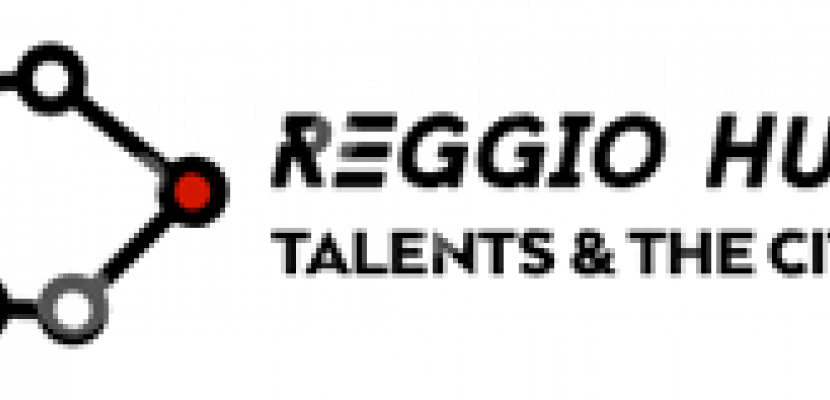
Reggio HUB

About this good practice
Reggio HUB is a project promoted by the Municipality of Reggio Emilia, realized by POPWave with the support of Reggiane Innovation Park and, in collaboration with the University of Modena and Reggio Emilia, and Unindustria Reggio Emilia. The project targets companies in Reggio Emilia and young people in the world looking for professionalizing experiences; the specific goal is to attract and retain skills and creative talents in Reggio Emilia, enhancing the local innovation system.
It is an integrated information system to ensure the direct contact between demand and offer of highly qualified and high-level work. The project aims, as a general objective, to enhance the attractiveness of the socio-economic context of Reggio Emilia and to respond to the needs of the local business fabric through the recruitment of highly qualified profiles (students and professionals) from different countries.
Through digital marketing strategies and tools, it collects and makes available job offers presented by local companies (15 companies have already joined the project including Kohler, Smeg, Max Mara, Credem). The Reggio Hub team monitors companies' needs for specific skills and profiles, intercepts and interacts with potentially interested young foreign students or professionals. Furthermore, according to a “City Brand Management” model, it promotes the economic, cultural and social system of Reggio and its excellence.
Resources needed
Experimental phase was financed by the European platform Social Challenges for € 30.000. Subsequently, the Municipality invested € 20.000 in 2019 and € 12.000 in 2020. In 2021 to revamp the project after the Covid-19, Unindustria invested € 10.000, while the Municipality gave € 10.000.
Evidence of success
Until February 2020:
- Website visitors: 2.000/month (6 months)
- Applications: 322 (6 months)
- Number of companies involved: 15
- Incoming students: 3
- Incoming students suspended due to Covid: 2
Potential for learning or transfer
Despite the specific territorial characteristics related to Reggio Emilia's socio-economic context, the aspects that could be potentially replicated in other European countries are related to the design and management of a digital tool that supports the attraction of talents, and the establishment of a strategy that sees different actors working together to improve territorial systemic resilience to shocks.
